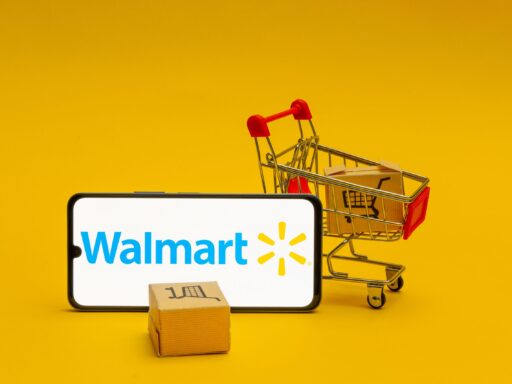Best practices
Small and mid-size business owners need to examine the rules in the states where they do business and determine whether they surpass the nexus thresholds.
Determining click-through nexus requires understanding the dollar amount of referrals from relevant entities in other states and comparing that amount to the click-through threshold in those states.
Simplify sales tax nexus through marketplace facilitators
While large retailers typically operate their own e-commerce platforms, many small and medium-sized e-retailers sell through marketplace facilitators such as Amazon, eBay, and Etsy.
Selling through a marketplace facilitator simplifies e-commerce sales tax and nexus considerations for the retailers that use them. After Wayfair, most states with a sales tax —except Alaska, Delaware, Montana, New Hampshire, and Oregon — instituted marketplace facilitator laws. These laws require marketplaces to collect and remit sales tax on behalf of the companies whose online sales they facilitate.
Complicating factor
Even though marketplace facilitators typically manage sales taxes for e-retailers, they don’t manage all tax obligations. In some states, for example, nexus established by means other than physical presence or online sales — such as through warehousing or hiring employees or contractors — can also trigger income tax obligations, which facilitators do not collect. States that do not collect sales tax may also have other requirements that facilitators don’t manage.
Best practices
Because tax rules vary from state to state, e-commerce businesses need to understand how their sales activities in each state impact their tax responsibilities, regardless of the sales platform they use.
E-commerce retailers are responsible for understanding their own sales tax footprint, so they shouldn’t rely entirely on marketplace facilitators for compliance-related tax data.
Manage tax exemption certificates and credits
Again, every state has different criteria and rules for sales tax exemption certificates and credits. Yet it’s also essential that these certificates and credits are collected and validated at the point of sale (POS). This means the exemption criteria for each state need to be programmed into an automated solution that manages certificates and credits through the retailer’s POS system.
Because exemption certificate criteria are so complex, two programs — the Streamlined Sales Tax (SST) Project and the Multistate Tax Commission (MTC) program — have developed a universal exemption document that member states will accept. Unfortunately, only about half the states — currently 24 — accept SST certificates and about 38 states accept the MTC certificate, so universality has yet to be achieved. Moreover, each state is free to make up its own rules about how exemption certificates can be applied to different types of transactions.
Best practices
Identify all the applicable exemption certificates and credits necessary for the business, and understand that many apply to specific industries, types of equipment, and overall tax status, such as profit versus non-profit.
Unless the business is only managing a few exemptions or credit certificates, some form of exemption certificate management software is the only practical way to manage real-time validation requirements.







